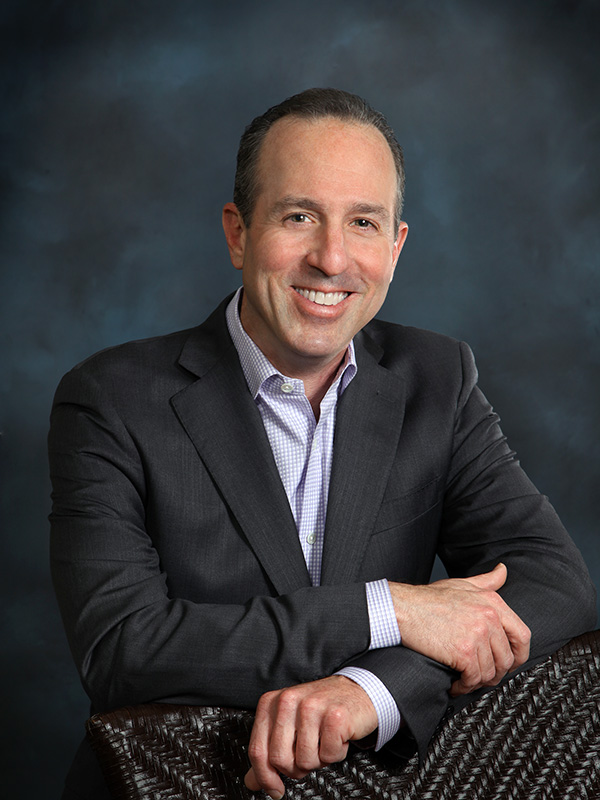Anterolateral Ligament Injury Specialist

Are you an athlete who participates in sports that involve jumping or quick stopping? If so, you may be at risk of tearing your ACL and your anterolateral ligament (ALL). In certain patients, rupture of the ALL along with the ACL may cause excess joint laxity that may not be resolved with just an ACL reconstruction. Anterolateral ligament injury specialist, Dr. Mark Getelman provides diagnosis and both surgical and nonsurgical treatment options for patients in Los Angeles who have sustained an ALL tear. Contact Dr. Getelman’s team today!
An Overview on an Anterolateral Ligament Injury
Over the past few years, orthopedic research has shown an increase in information on the anterolateral ligament (ALL). The ALL and its function were further defined by Dr. Steven Claes at the University of Leuven, Belgium in 2013. According to Dr. Claes and now orthopedic specialists around the world, the fibrous band could play a part in one of the most common sports injuries experienced by athletes and active individuals, an ACL tear. Greater Los Angeles, California orthopedic knee specialist, Dr. Mark Getelman with offices in Van Nuys and Westlake Village is up to date regarding the ALL knee ligament, studying the anterolateral ligament injury and its involvement in knee pain, instability and ACL tears. Determining the impact of this injury as it relates to an ACL tear is very important and Dr. Getelman is working to better define when the ALL injury should be addressed along with the ACL itself.
How an Anterolateral Ligament Injury is Associated with ACL Tears
It is estimated between 5-15% of patients still have some level of instability after sustaining and correcting an ACL tear with an ACL reconstruction procedure.
In certain patients, rupture of the ALL along with the ACL may cause excess joint laxity that may not be resolved with just an ACL reconstruction. Many orthopedic surgeons now believe when the knee undergoes a significant injury and the ACL tears, the ALL often tears with it, resulting in greater abnormalities in rotational stability of the knee. Traditional ACL reconstructive surgery is not uniformly successful in treating knee pain and instability in all patients. Tunnel positioning, the graft selected and the rehabilitation all play a role and Dr. Getelman has published an important article regarding Failed ACL surgery. (Read Dr. Getelman’s JAAOS Article: Failure of Anterior Cruciate Ligament Reconstruction)
Other structures around the knee, such as the MCL and posterolateral corner structures, have been well studied and reported to have a rather significant role in providing knee stability and protecting an ACL reconstruction. If the patient has ongoing instability after an ACL reconstruction with an intact MCL and posterolateral corner and the ALL knee ligament is also torn, this may be one of the contributing factors and reasons why primary surgery has failed. Further research needs to be performed to determine if this is true, if the anterolateral ligament needs to be reconstructed after an injury and if an anterolateral ligament reconstruction will help protect revision ACL reconstruction.
We can now offer patients the possibility of reconstruction of the anterolateral ligament while performing an ACL reconstruction. Surgeons are able to perform this complex reconstruction with an understanding that this may result in a more stable knee joint in some patients.
For more information on the ALL knee ligament, or for additional information on an anterolateral ligament injury and knee pain, please contact the orthopedic office of Dr. Mark Getelman, knee specialist in the Van Nuys, Westlake Village, Thousand Oaks and Los Angeles, California area.
